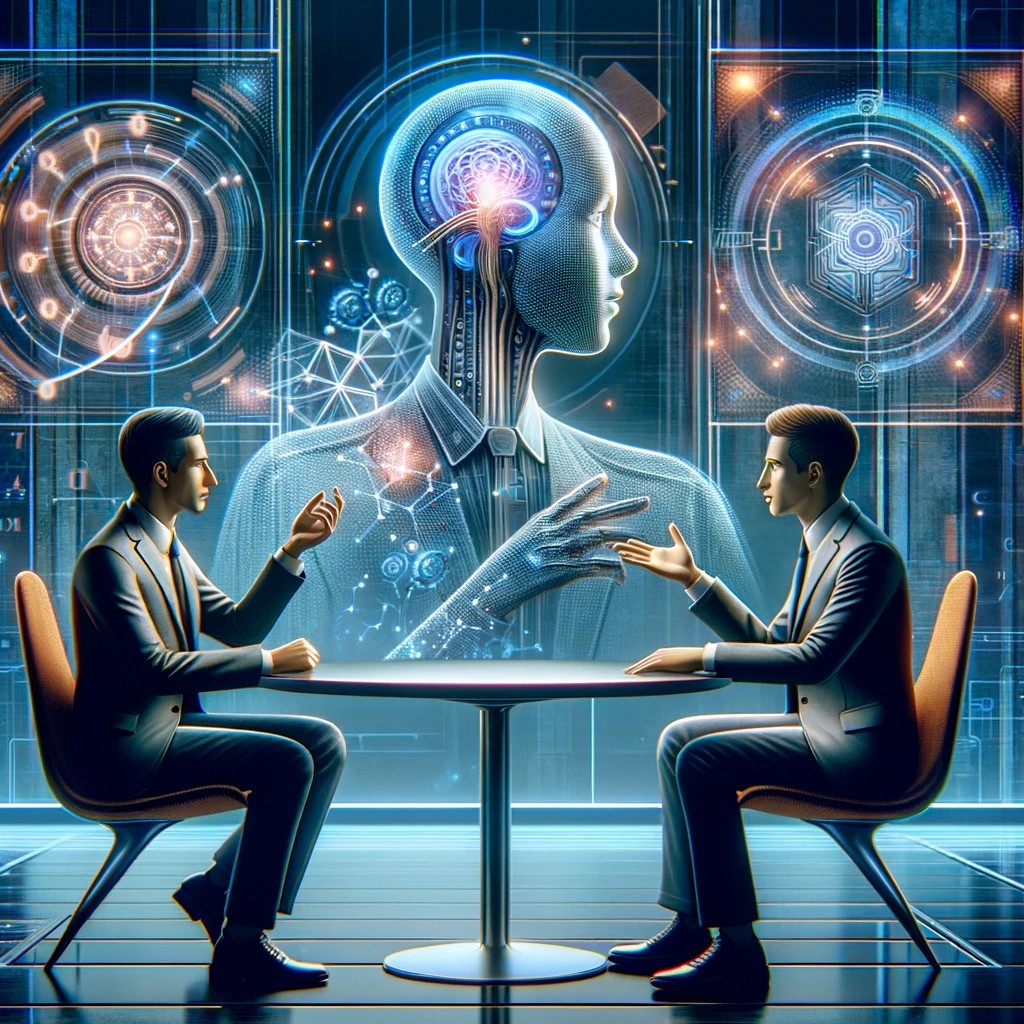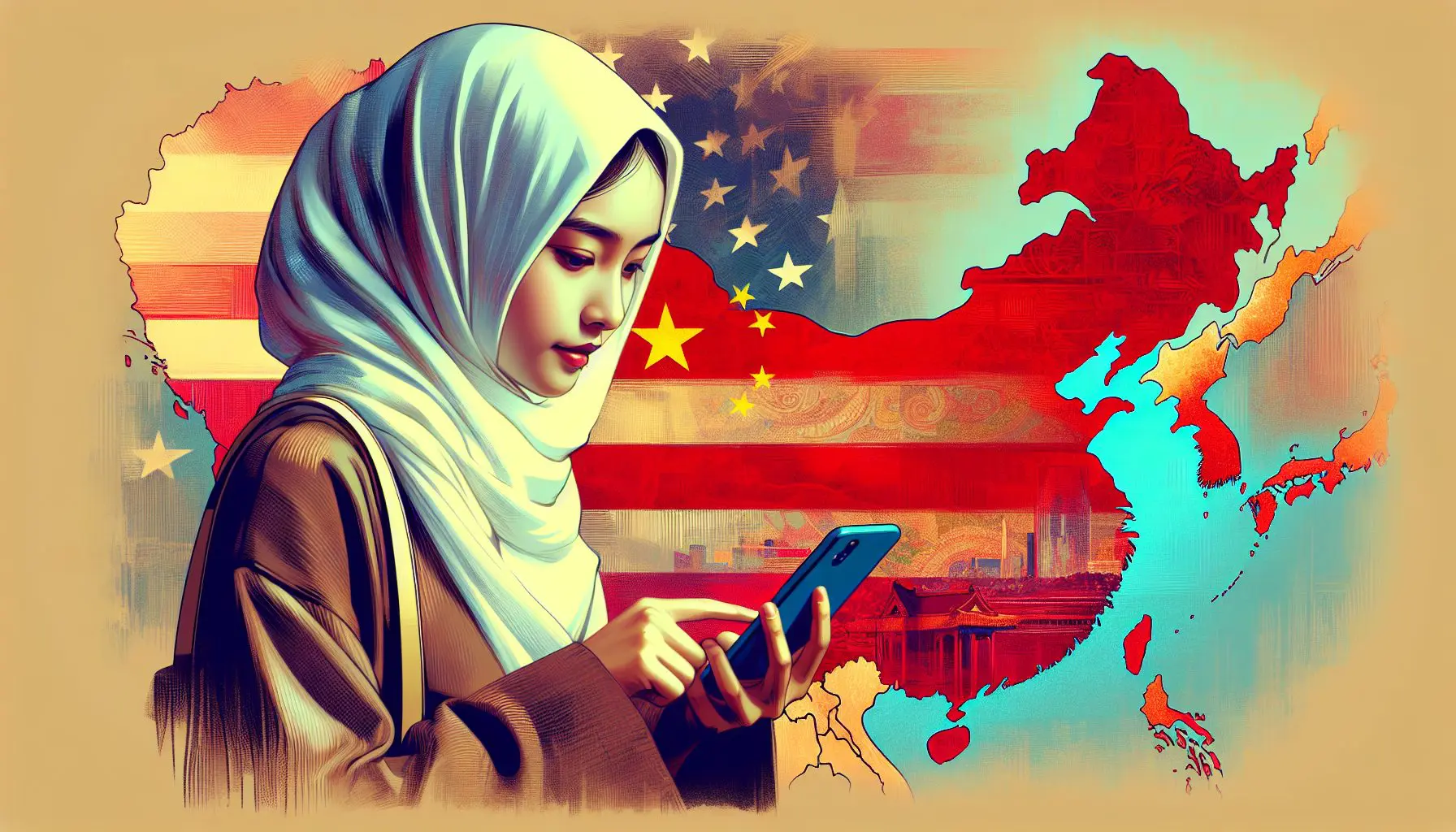Microsoft co-founder Bill Gates recently conducted an interview with OpenAI CEO Sam Altman, delving into the rapid rise of artificial intelligence (AI) and its profound consequences. In a candid discussion, they explored AI’s potential to eliminate jobs, the evolution of work, and the challenges that lie ahead.
AI’s disruptive potential
In a world where AI is advancing at an unprecedented pace, Gates and Altman agreed that AI could potentially eliminate jobs as we know them today. They acknowledged the transformative power of AI, particularly in fields like programming, education, and healthcare. AI’s ability to automate tasks and accelerate productivity is undeniable.
However, both Gates and Altman emphasized that AI wouldn’t merely displace workers but also pave the way for new and more stimulating job opportunities. Gates pointed out that AI could make programmers three times as productive, allowing them to focus on higher-level tasks. Altman echoed this sentiment, stating that AI would enable people to “do qualitatively different things.”
The changing labor landscape
The interview raised questions about the future of labor. Bill Gates wondered if blue-collar jobs might be at risk due to advancements in robotics, which could potentially perform tasks at a human level of capability. Altman shared his excitement about robotics but also acknowledged that these changes might primarily impact white-collar and creative work.
One of the most thought-provoking aspects discussed was the challenge of human purpose in a world where AI handles most tasks. Gates expressed his concern about defining human purpose, wondering how society would be organized and what role education would play when AI can handle so much.
Altman remained optimistic, asserting that humans would always find new problems to solve and ways to find fulfillment, even in a world dominated by AI. He believes that AI’s contributions could extend to addressing significant human problems and fostering better human relations.
Bill Gates on AI’s impact on society
Bill Gates and Altman also discussed the broader impact of AI on society. They considered the possibility of AI helping to reduce conflicts and contribute positively to global issues. Altman expressed confidence that AI would continually surprise humanity with its capabilities, making meaningful contributions to society.
Both Bill Gates and Sam Altman highlighted the rapid pace of technological progress, which necessitates society’s ability to adapt quickly. They agreed that AI’s development is on an exceptionally steep curve, potentially outpacing previous technological revolutions.
Sam Altman expressed confidence that AI would eventually unravel the “black box” problem, understanding how knowledge gets encoded and improving interpretability. This knowledge could lead to more efficient and accurate AI systems. Altman believes that AI will continually surprise with its capabilities, offering solutions to complex problems.
The cost of AI
Altman highlighted significant cost reductions in AI development. For instance, the cost of GPT-3 was reduced by a factor of 40. He predicted that AI’s efficiency would continue to improve as research advanced, making it more accessible and affordable for various applications.
Despite the uncertainties surrounding AI’s impact, Altman believes that we are entering an era of unprecedented productivity, driven by more efficient and capable AI models. He sees the cost of intelligence decreasing to the point where it transforms society entirely.
A paradigm shift in work
The interview revealed that AI’s influence on work is not limited to specific industries. It is expected to usher in a paradigm shift, enabling humans to think and create at higher levels of abstraction. As AI continues to evolve, new opportunities and challenges will emerge.
While robotics and automation might affect blue-collar jobs, Altman noted that AI initially posed a more significant challenge to white-collar and creative work. With advancements in both AI and robotics, the labor market is undergoing a profound transformation.
Bill Gates and Altman concurred that the swiftness of AI’s development poses challenges to society. The acceleration of technology forces humanity to adapt rapidly. Altman believes this will be the fastest technological revolution, with no upper bound in sight.
AI’s role in human relations
Both Bill Gates and Altman speculated about AI’s potential to foster better human relations and reduce conflicts. They pondered whether AI could encourage collaboration and facilitate solutions to global problems.
The interview concluded with a discussion on human purpose in an AI-dominated world. While it presents philosophical challenges, both Bill Gates and Sam Altman expressed confidence that humans would continue to find fulfillment, addressing new problems and adapting to a different reality.
Bill Gates and Sam Altman’s discussion shed light on the profound impact of AI on jobs, society, and human purpose. While acknowledging the disruptive potential of AI, they emphasized the importance of embracing change and focusing on the new and exciting opportunities it brings. As AI continues its rapid evolution, society faces the challenge of adapting to a future that is both uncertain and full of potential.





